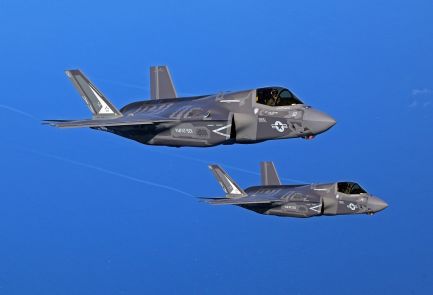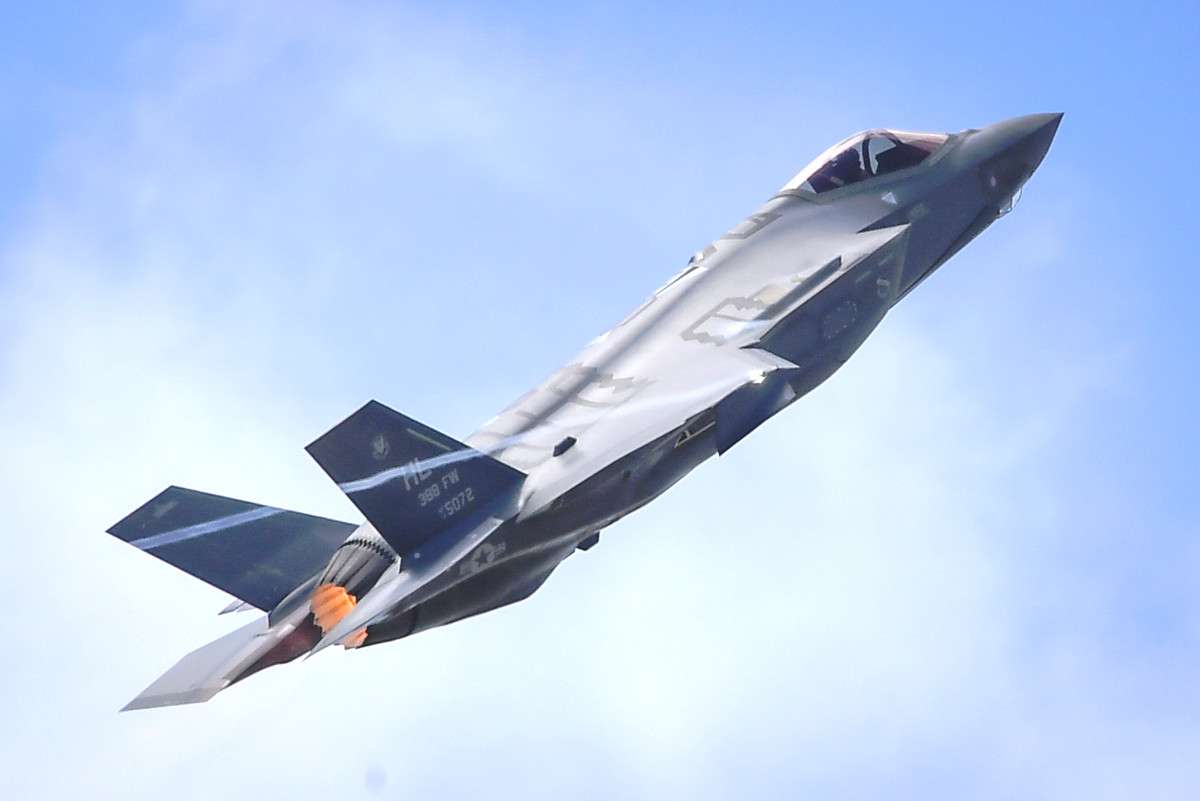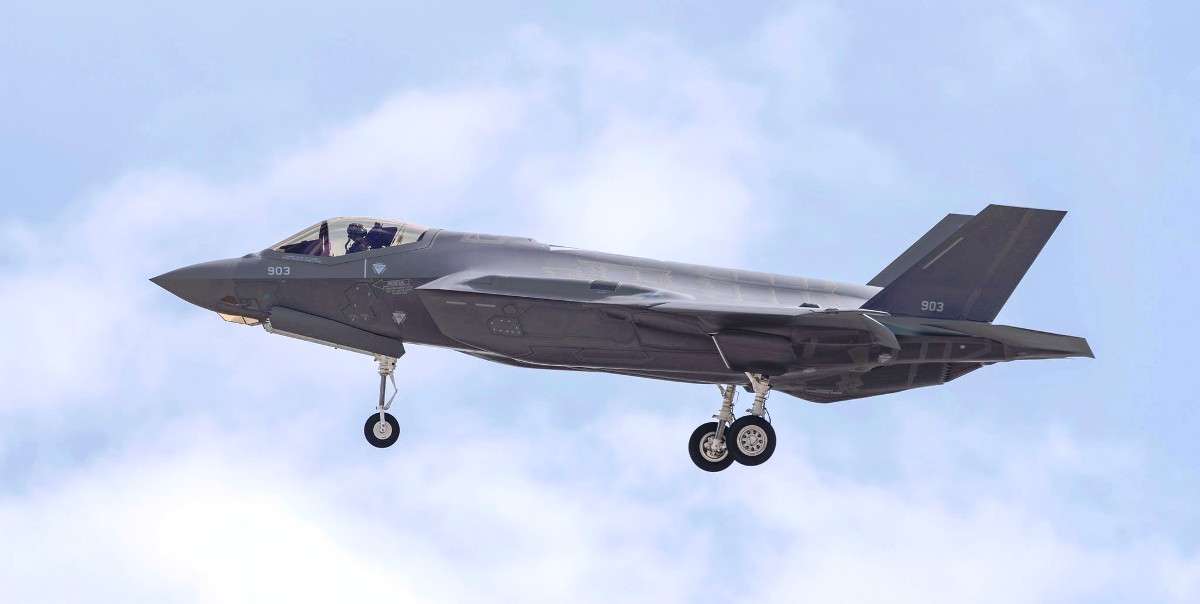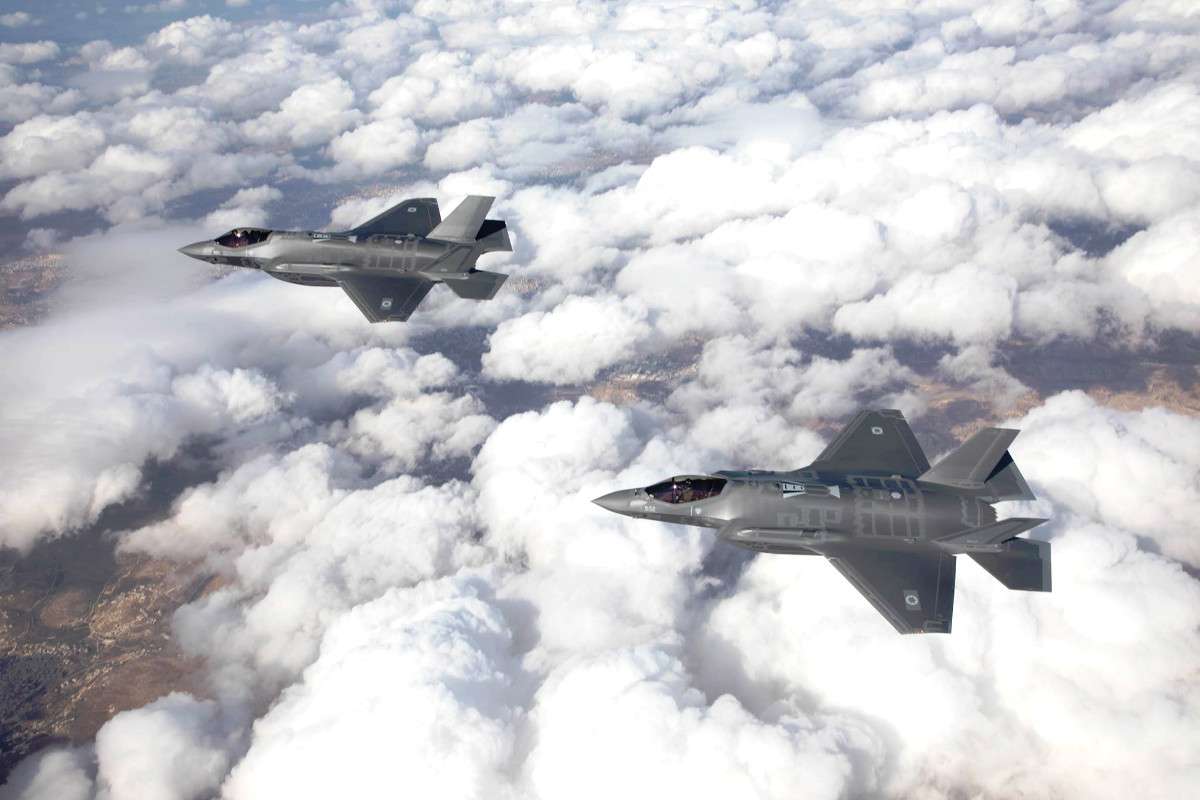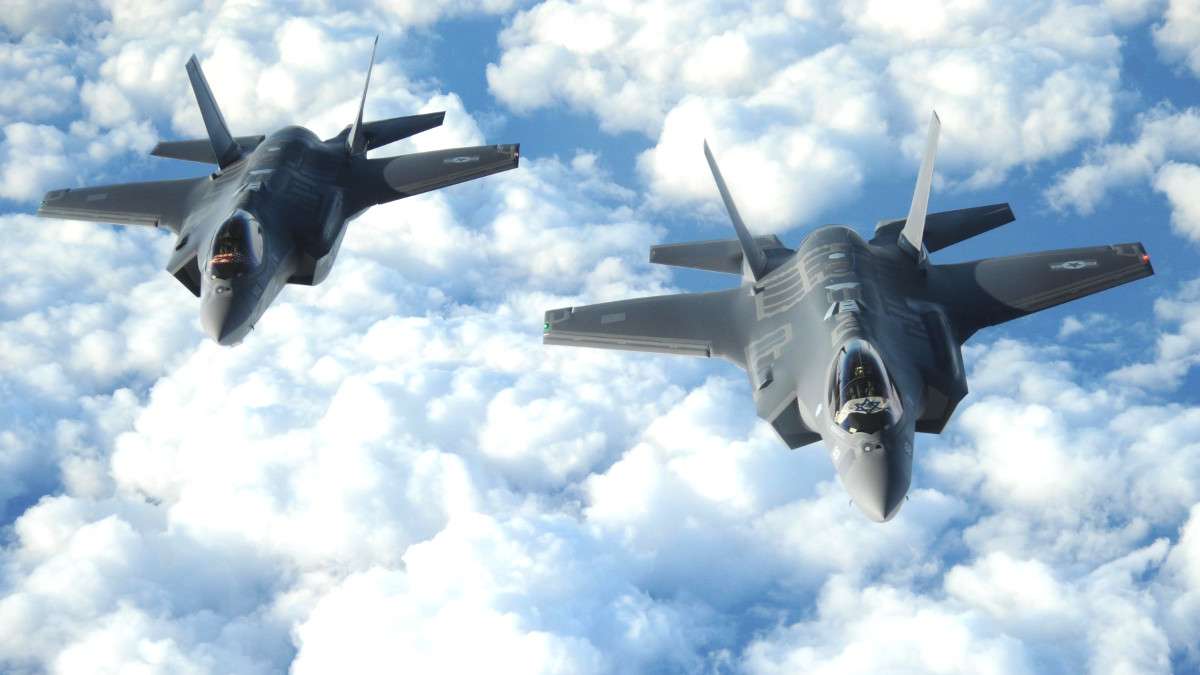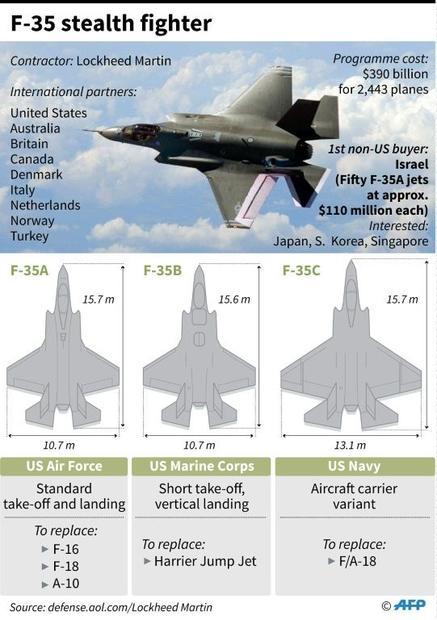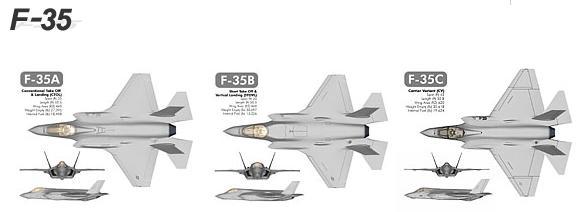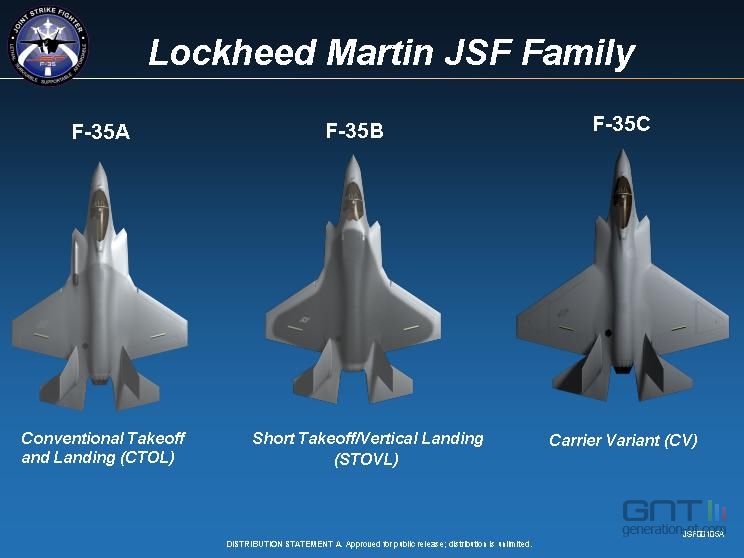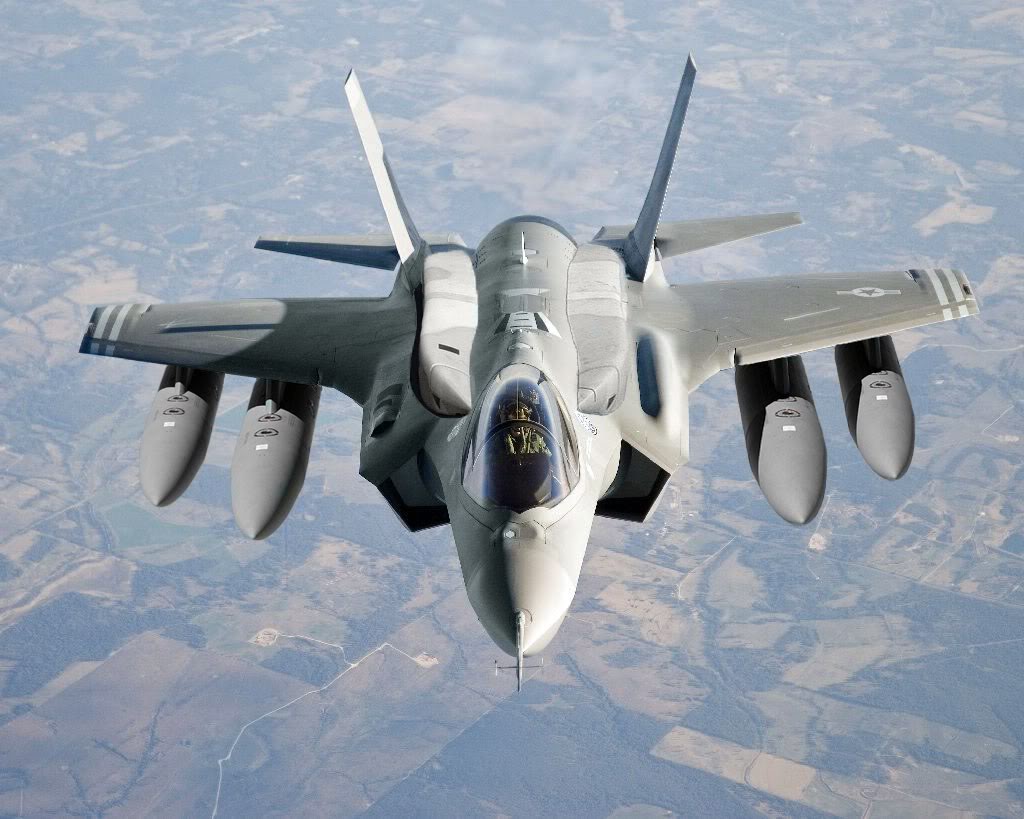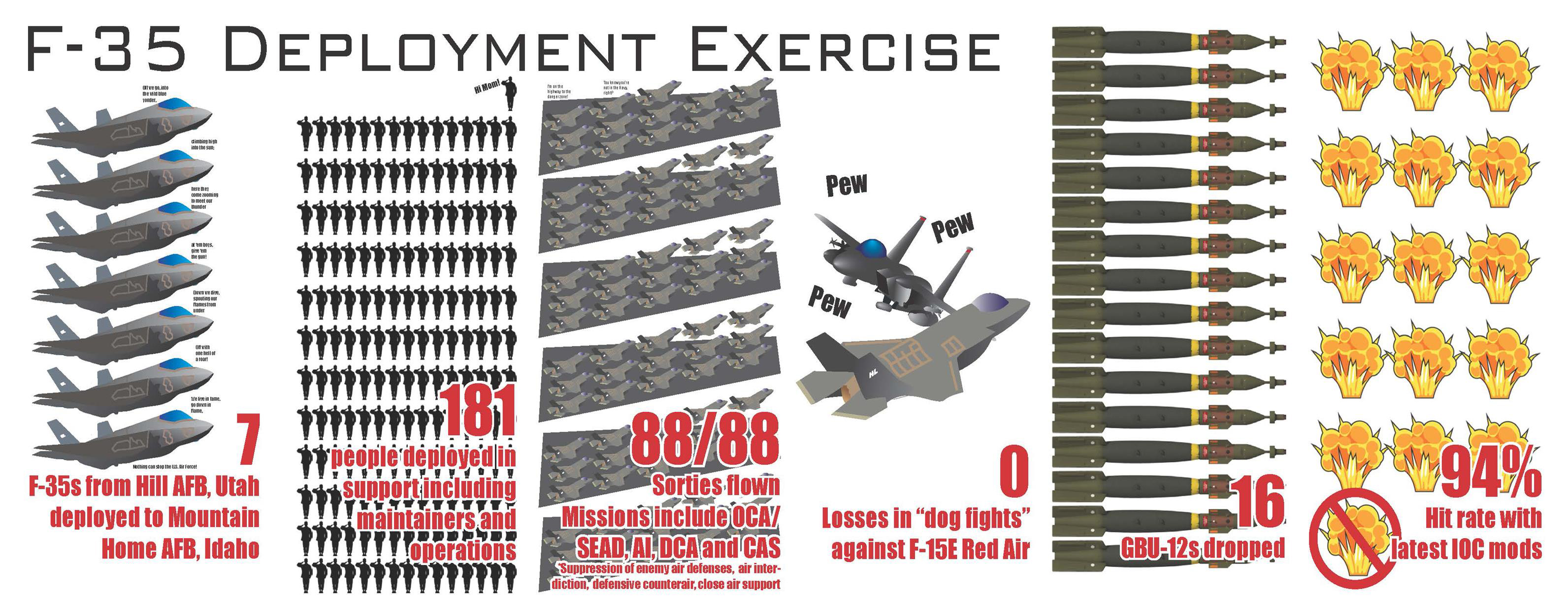مبدأ ضمان امريكا للتفوق اسرائيل على دول المنطقه هو بلاشك مبدأ راسخ لديها ، لكنه في نفس الوقت مبدأ ( مطاط ) أو ( حمال أوجه) تدخل به اعتبارات كثيره تجعله معقد وليس بالبساطه التي يتصورها البعض..!!نتمنى ذلك للامارات وللسعوديه الحصول على الاف 35
ولكن رأيي الشخصي منذ ان تكلم الاخوان منذ زمن عن امكانية حصول الامارات والسعوديه
على الاف 35 لم يتغير ولو انني اتمنى ان يحصل وتاتي الاف 35
الاف 35 هي ورقة التفوق التي تلوح بها اسرائيل الان وهي ميزان القوة الراجح لديها
في الثمانينات عندما حصلت السعوديه على الاف 15 كانت النسخة الدفاعيه وليست الهجوميه
وعندما حصلت على الهجوميه كانت اقل قوه من النسخة الاسرائيليه
عماما الامر مختلف حاليا من ناحية قدرات المقاتله لان تقنيه التخفي تجعل العرب موازين للقوة الاسرائيليه ولكن قواعد اللعبه ثابته
وهي ان الادارة الامريكيه تضمن التفوق لاسرائيل دائما وهذا القانون منذ عام 1948 م وما زال
وخصوصا في الجو ..اذا حصل ان حصلت السعوديه بالذات على الاف 35 وبنفس القدرات فميزان القوى قد تغير
هل سوف تسمح الادارة الامريكيه بذلك ؟ اذا سمحت فاعلم بان امريكا باعت اسرائيل وهذا مستحيل
عموما لا اعتقد بان اي دوله عربيه سوف تحصل على الاف 35 بالوقت الحالي
بمعنى أمريكا بأمكانها بيع ال F-35 للامارات ومن دون ان تخل بالتفوق الاسرائيلي في هذا المجال !!
بحيث تكون أمريكا هي ( الضامن ) امام اسرائيل بأن تلك الصفقه لن تخل بميزان القوى وذلك من خلال مجموعة الشروط التي سوف تفرضها امريكا على الامارات من خلال عدم السماح بنقلها خارج اراضيها وعدم السماح بأستخدامها ضد اسرائيل نهائيا تحت اي ظرف وعدم السماح للاخرين بالاطلاع عليها وعلى قدراتها أو التدرب ضدها ومايرافق تلك الشروط من تطبيق عملي من خلال التواجد الامريكي في الامارات بما يضمن تنفيذ تلك البنود، وأعتقد ان الاماراتيون سيتقبلون تلك الشروط والاجراءات التي ترافقها على أرض الواقع اذا فعلا كانوا مصريين على الحصول عليها بأي شكل ..
الخلاصه ال F-35 في حالة حصول الامارات عليها لن تشكل اي اخلال لميزان القوى لصالح اسرائيل أو يعرضه للخطر مادامت امريكا تضمن ذلك ويكون الامر تحت سيطرتها وتحت بصرها...فإذن لاتوجد مشكله..

